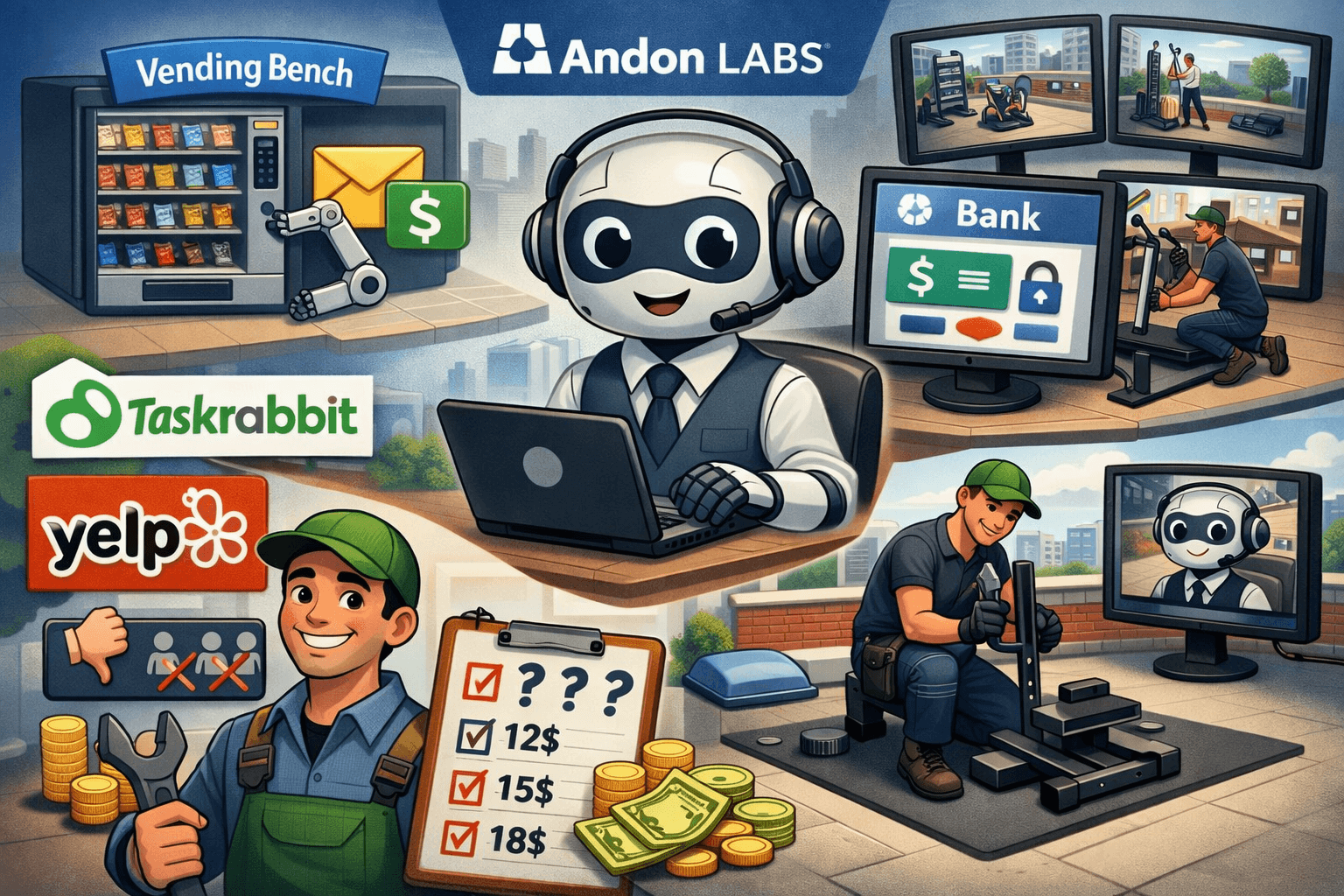“I know what's best for you!” — a phrase familiar to many parents. Care and love are what we sincerely want to give our children. However, sometimes this desire for protection develops into hyperprotection, which, paradoxically, can seriously harm a child's development. In this article, we'll show you how to avoid this trap and raise an independent and happy person.
And if your child loves computers, we look forward to seeing them in class at Progkids!
What is hyperprotection
Hyperprotection is excessive care and control on the part of parents, which manifests itself in a desire to protect the child from any difficulties, to solve issues for him and make decisions on his own. This is not just care, but “love” that stifles with its intensity and pervasive nature, which prevents children from exploring the world on their own, learning from their mistakes and developing the necessary skills.
How to recognize hyperprotection
It can be difficult to recognize hyperprotection, especially if it is a familiar parenting style in the family. Here are a few key signs to help you assess the situation.
No.1. Excessive control
Parents constantly monitor the child's every step, control their social circle, choice of activities and even... thoughts.
#2. Solving all problems for the child
Parents take it upon themselves to solve the difficulties faced by the child, preventing him from coping with them on his own.
#3. Fencing against all risks
Parents strive to protect their child from potential dangers and troubles, even if this means depriving them of the opportunity to gain new experiences.
#4. Dictatorial parenting style
Parents dictate to the child what he should do, what he should like, and how he should think. His own opinion is hardly taken into account.
#5. The child's low self-esteem
The child constantly hears criticism, is told that he will not be able to do it, and as a result, he really begins to believe in his incompetence.
#6. Parental anxiety
Hyperprotection is often the result of anxiety among parents themselves, who fear for their child's safety and well-being.
#7. The ban on independence
The child is not allowed to choose his own clothes, food, activities and even friends.
#8. Criticism for mistakes
Any mistake is seen as a disaster, and the child is criticized and blamed.
#9. Constant comparison with others
The child is compared to other children and is often not in his favor.
#10. Indulging all whims
Parents can exercise tight control, but also indulge in all the child's whims to avoid conflicts.
The consequences of hyperprotection
Hyperprotection has a negative impact on various aspects of a child's development.
I'm good for nothing!
A child who is deprived of the opportunity to make decisions independently and cope with difficulties does not develop confidence in his own strengths and abilities.
I'm afraid to make decisions
The child does not learn to be independent and take responsibility for his actions, which leads to dependence on parents later in life.
I'm scared
Constant monitoring and criticism can lead to fears, depression, and other emotional problems.
I don't want anything
A child accustomed to deciding everything for him loses initiative and shows no interest in new things.
I don't know how to make friends
A child raised in an environment of control and restraint may have difficulty communicating with peers and building healthy relationships.
I don't know what to choose
The child does not learn to analyze the situation, weigh the pros and cons and make decisions.
I haven't grown up yet
The child remains infantile and not ready for adulthood.
Just leave me alone!
During adolescence, hyperprotection often leads to rebellion and protest against parental control.
What to do if you recognize signs of hyperprotection
Understanding the problem is the first and most important step towards solving it. Here are some guidelines to help you change your parenting style.
#1 Give your child more freedom
Let your child make his own decisions, make mistakes and learn from them.
#2 Decrease your level of control
Stop following your child's every move and overly control their social circle.
#3 Encourage autonomy
Support your child's initiative and help them develop the skills they need.
#4 Don't solve problems for the child
Let him deal with difficulties on his own by offering only support and advice.
#5 Accept mistakes as part of the learning process
Don't criticize your child for mistakes, but help them learn from them.
#6 Praise efforts, not just results
It is important to support the child in his pursuit of the goal, even if the result is not always ideal.
#7 Work on your anxiety
Try to understand the causes of your own anxiety and learn how to deal with it. You may need help from a psychologist.
#8 Respect the child's opinion
Listen to him carefully and appreciate his point of view.
#9 Set clear boundaries and rules
It is important for the child to know what they can and cannot do.
#10 Talk to your child
Talk to him about his problems and concerns, and help him find solutions. Love and accept your child as he is.
Remember that your task is not to protect your child from all difficulties, but to teach him to cope with them independently so that he grows up to be a confident and happy person. Let go of control and let your child reach their potential.
Do your children want to develop in the IT field? Write them down to free trial lesson to Progkids online school!
























